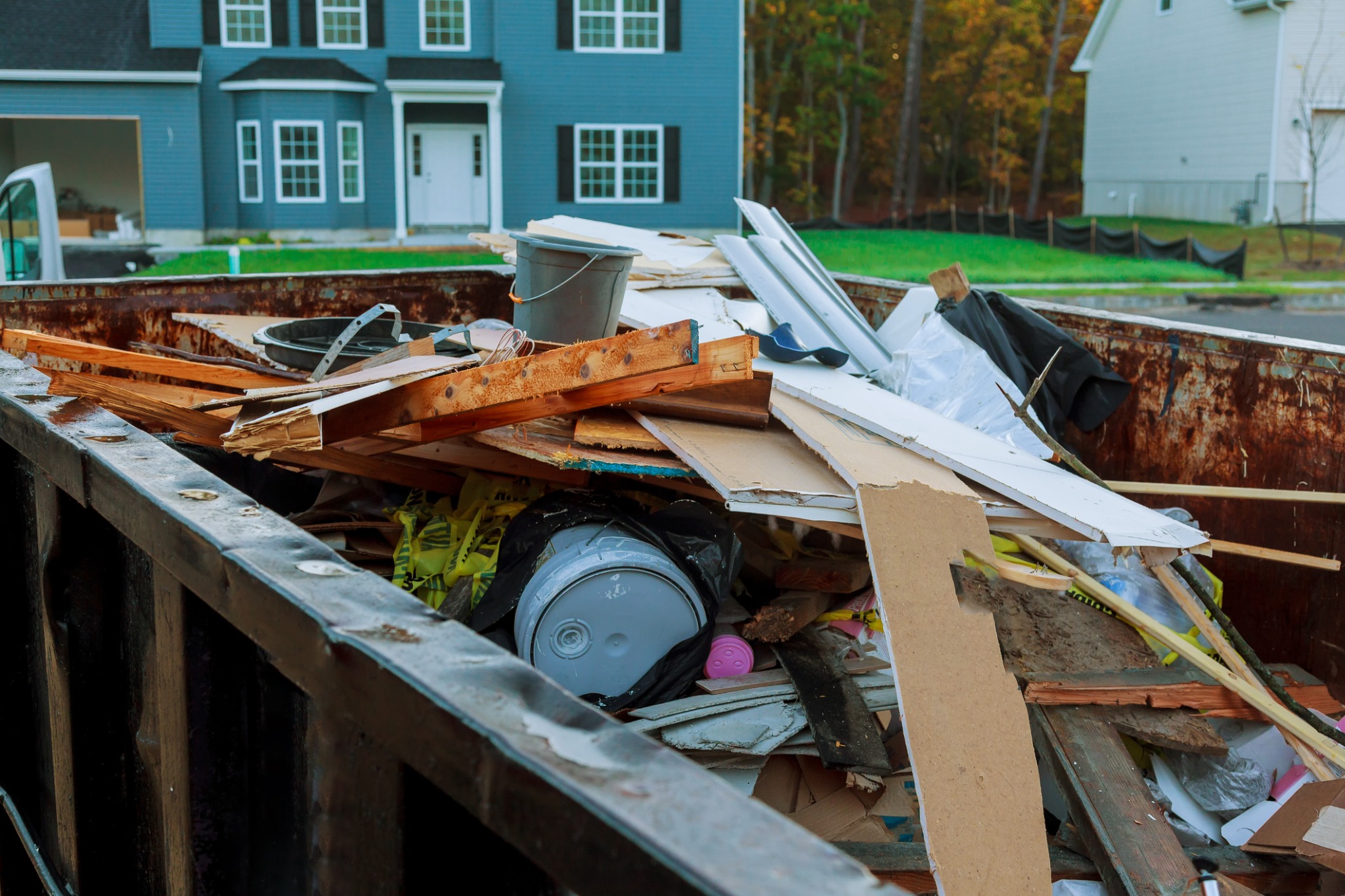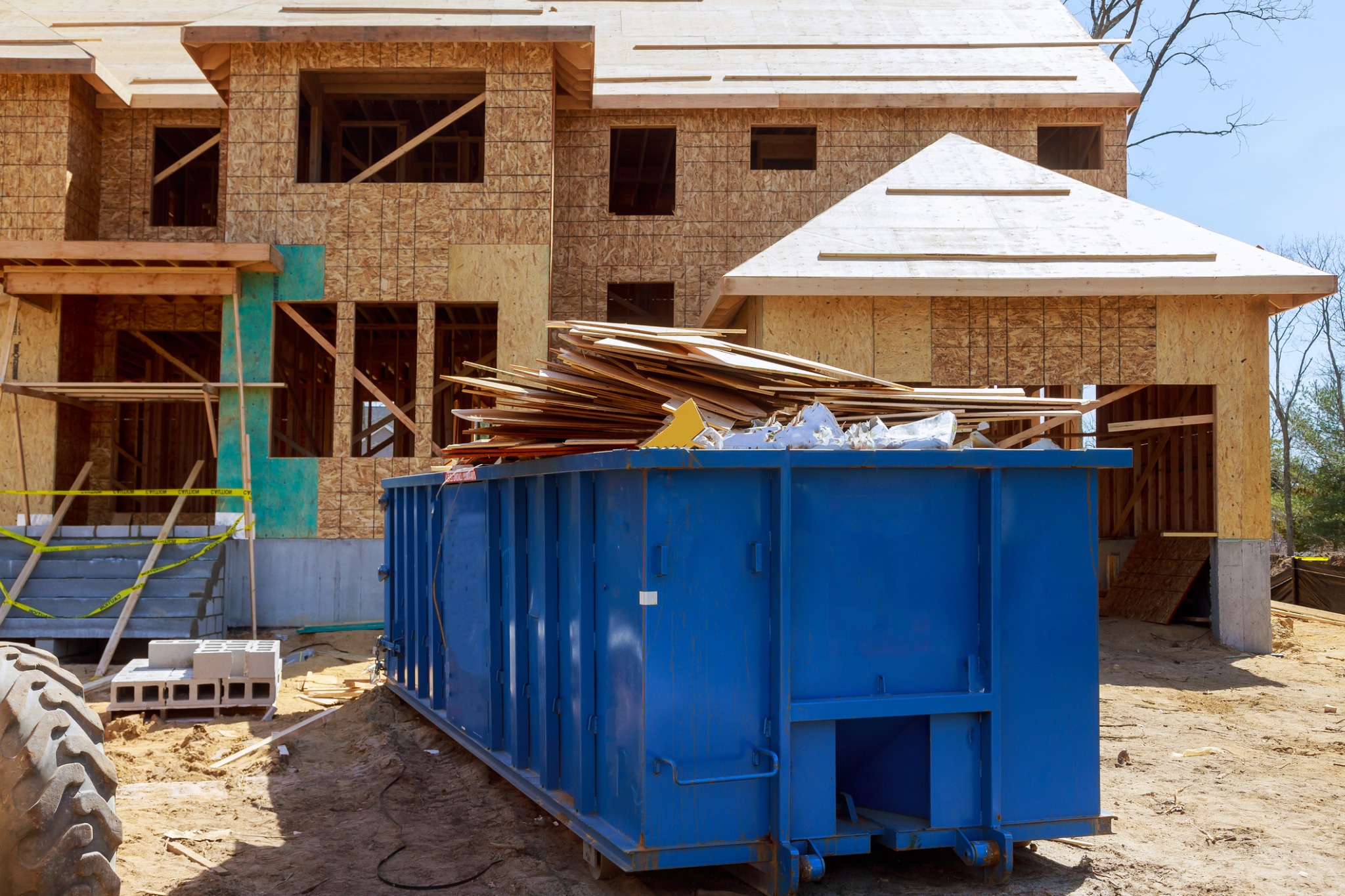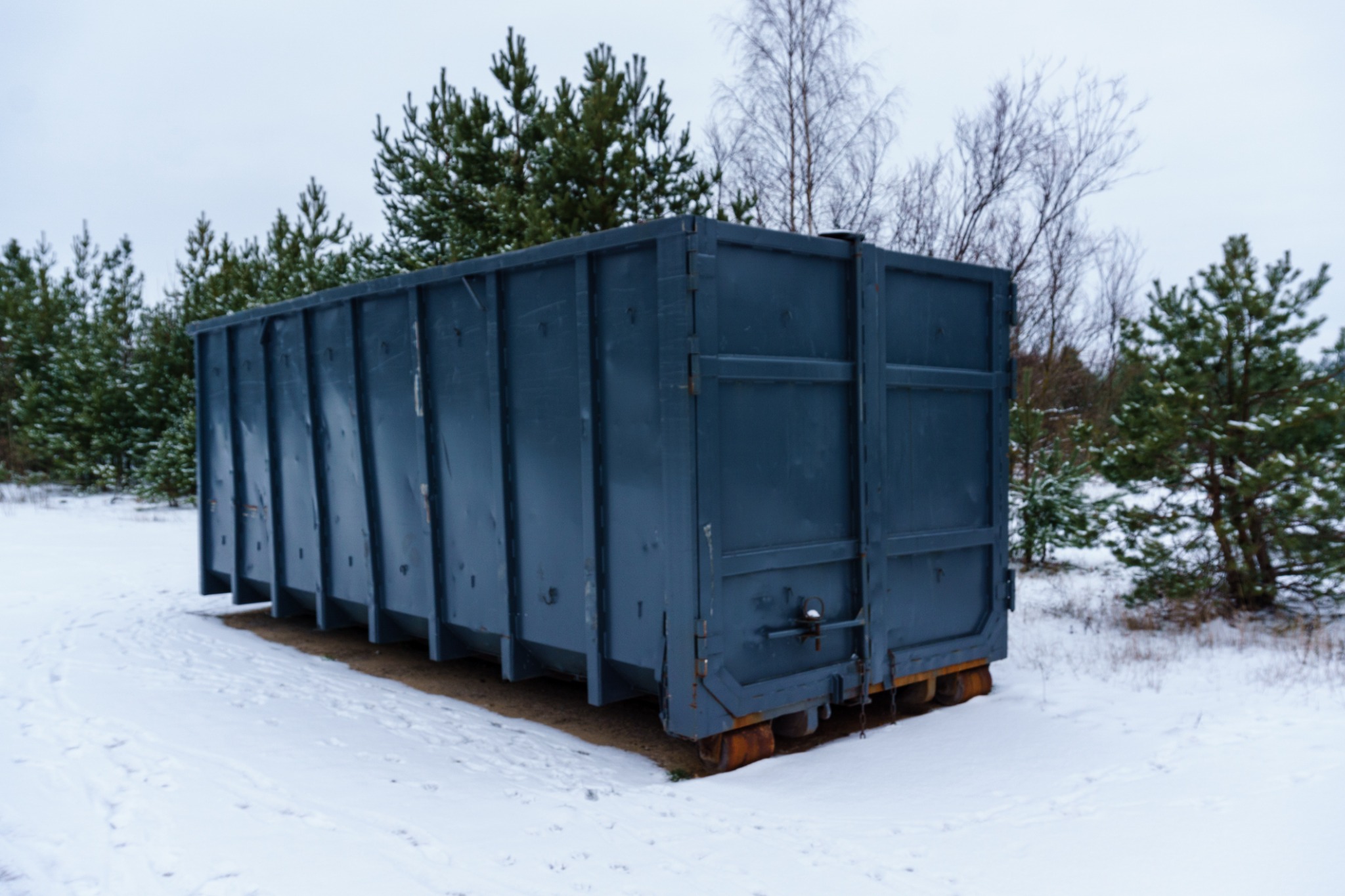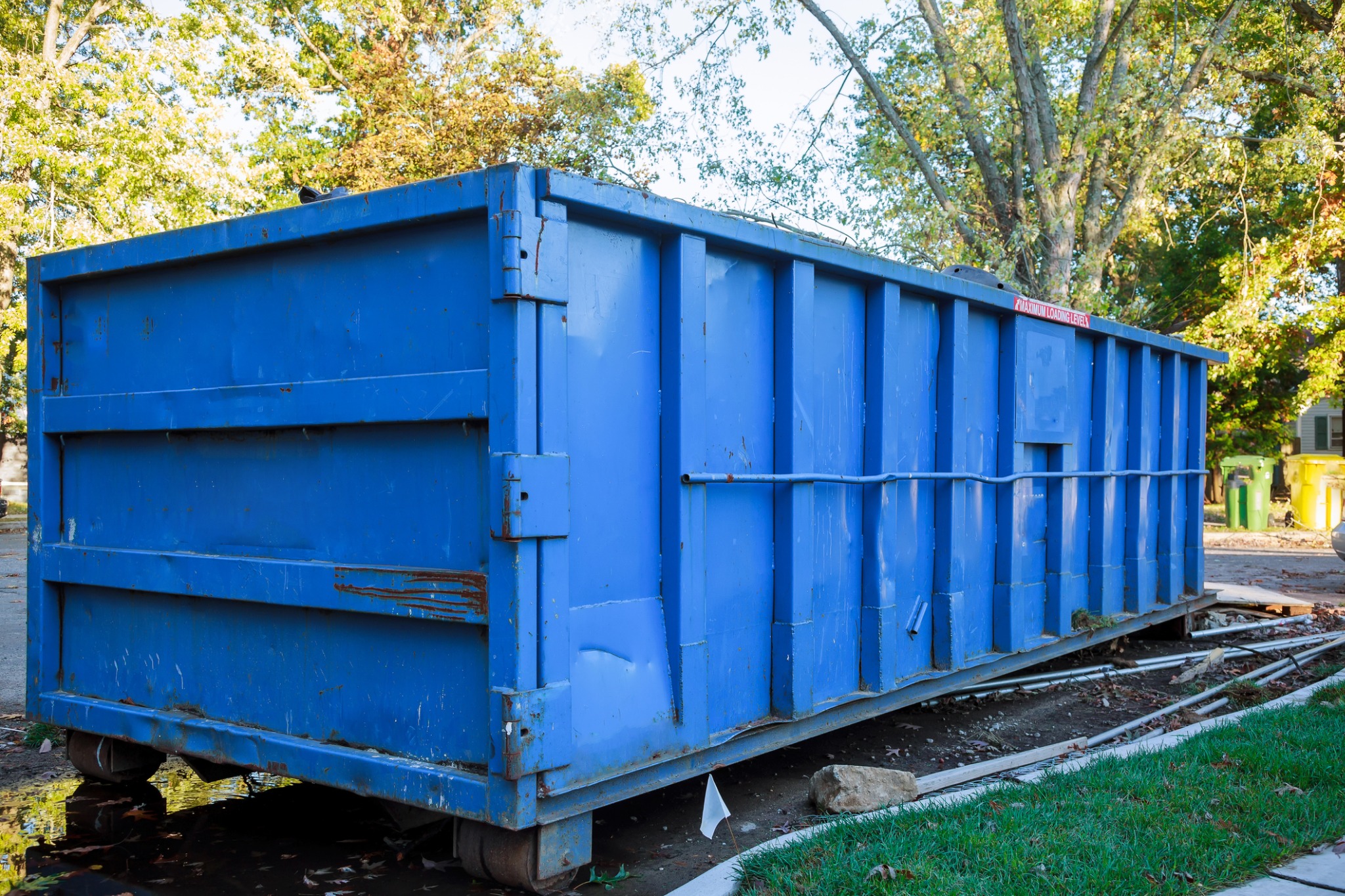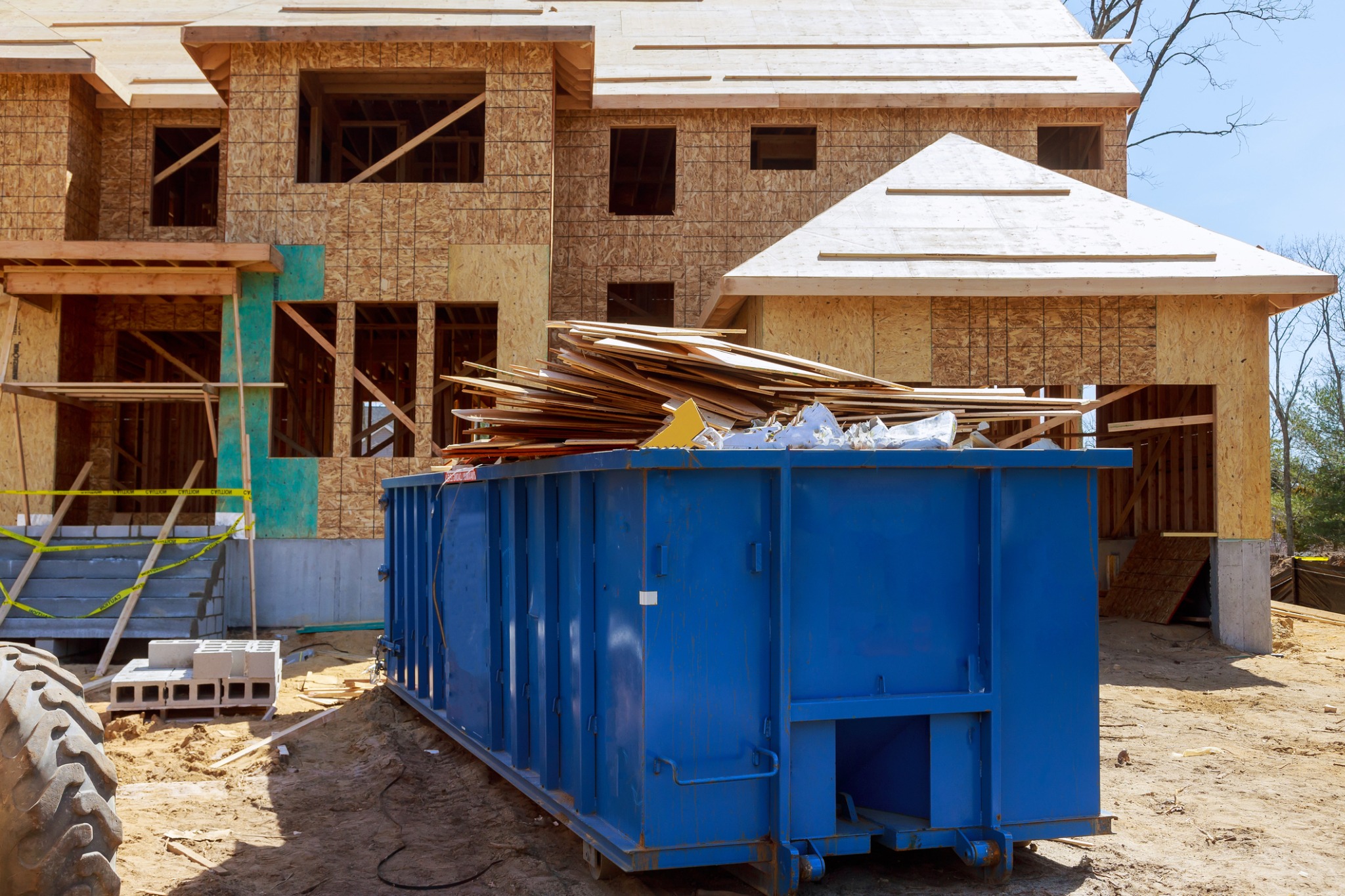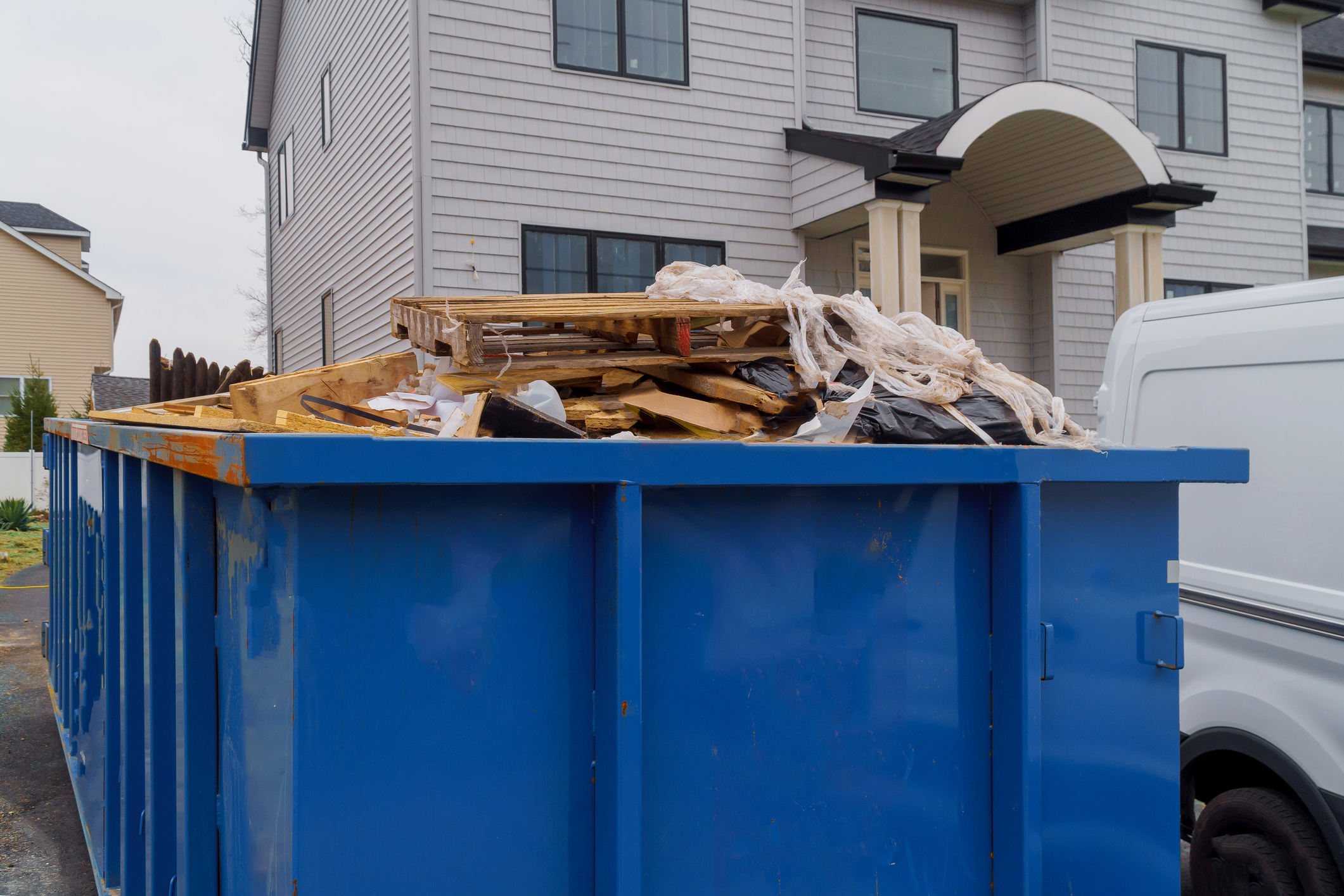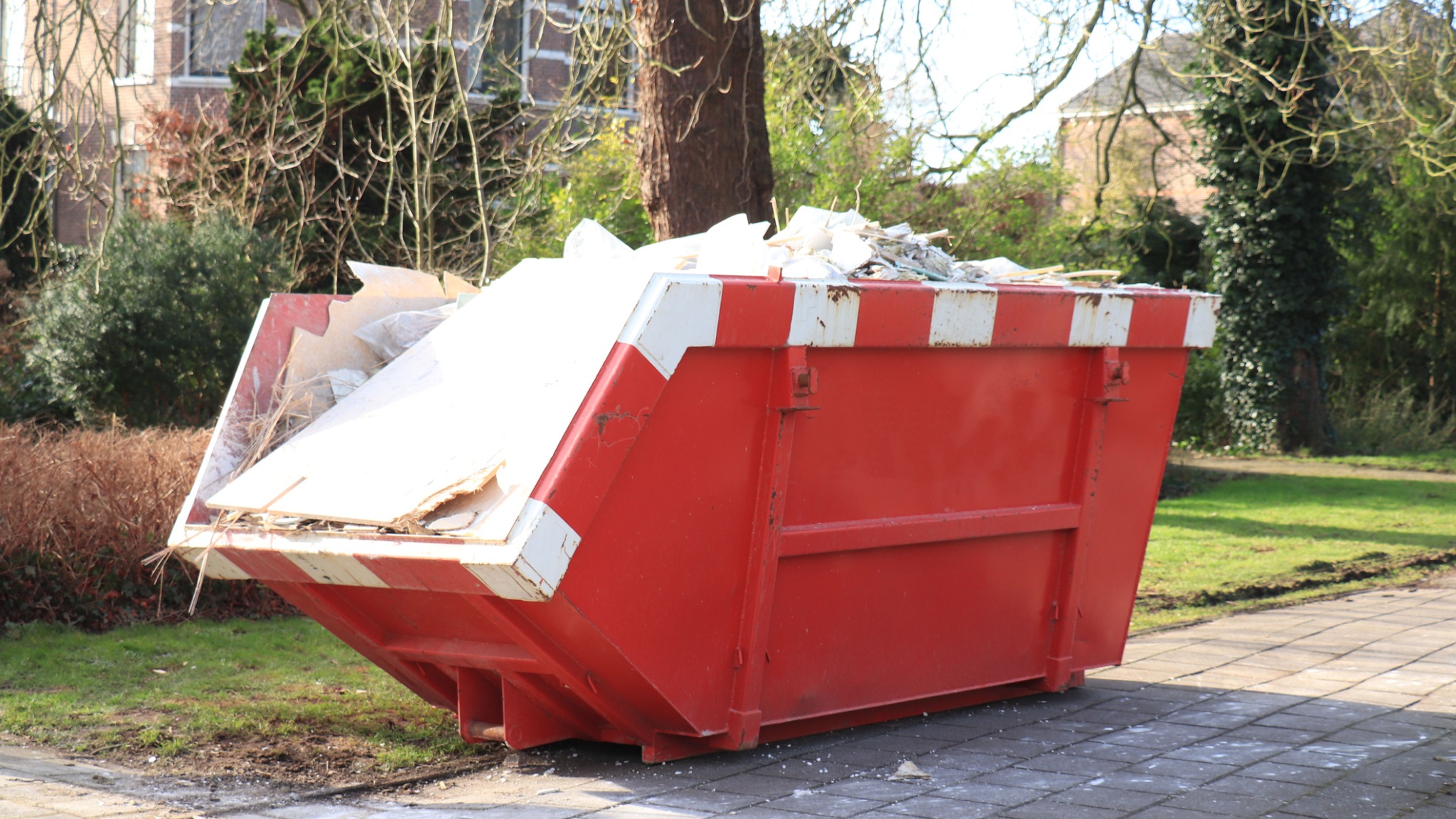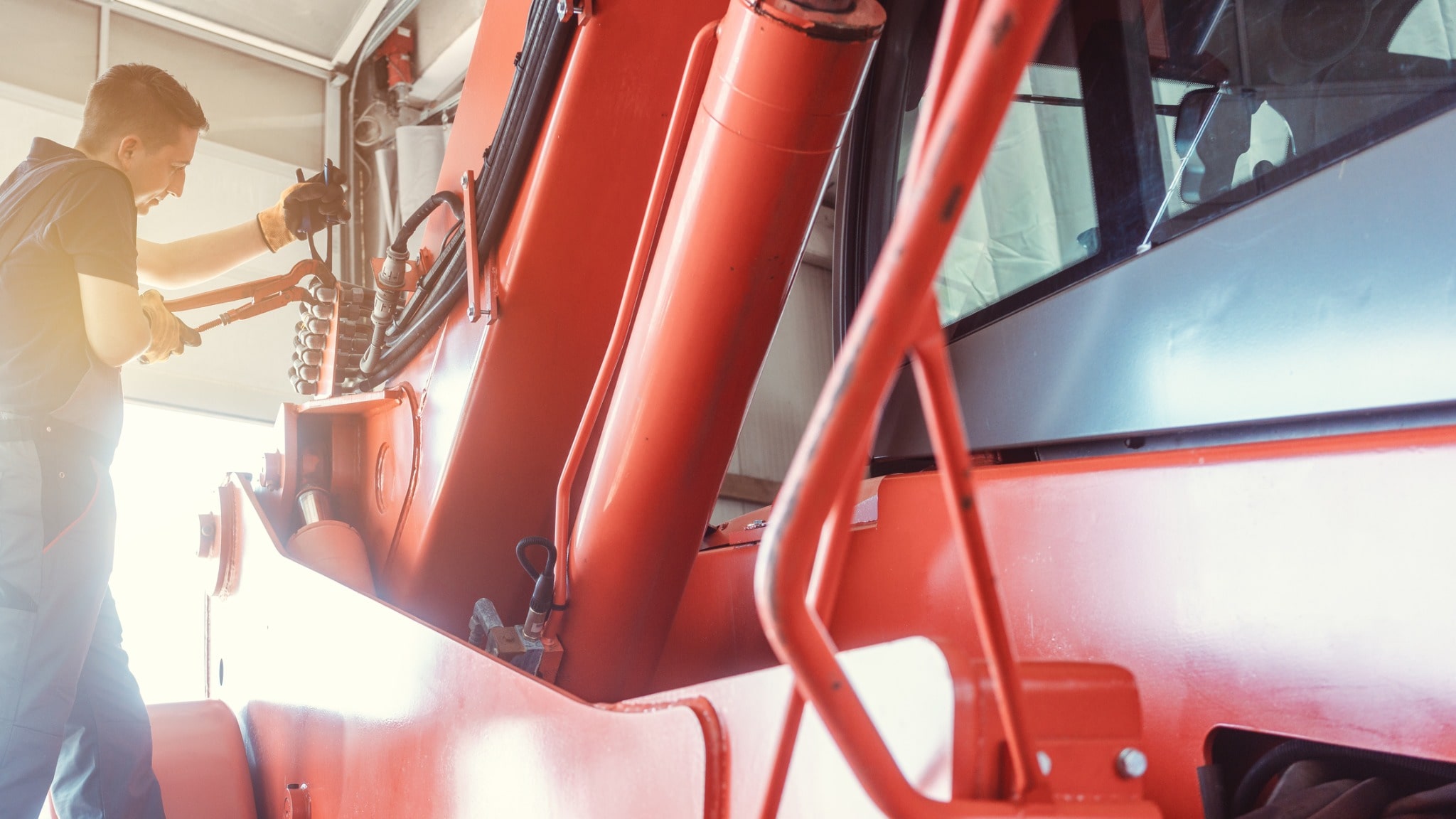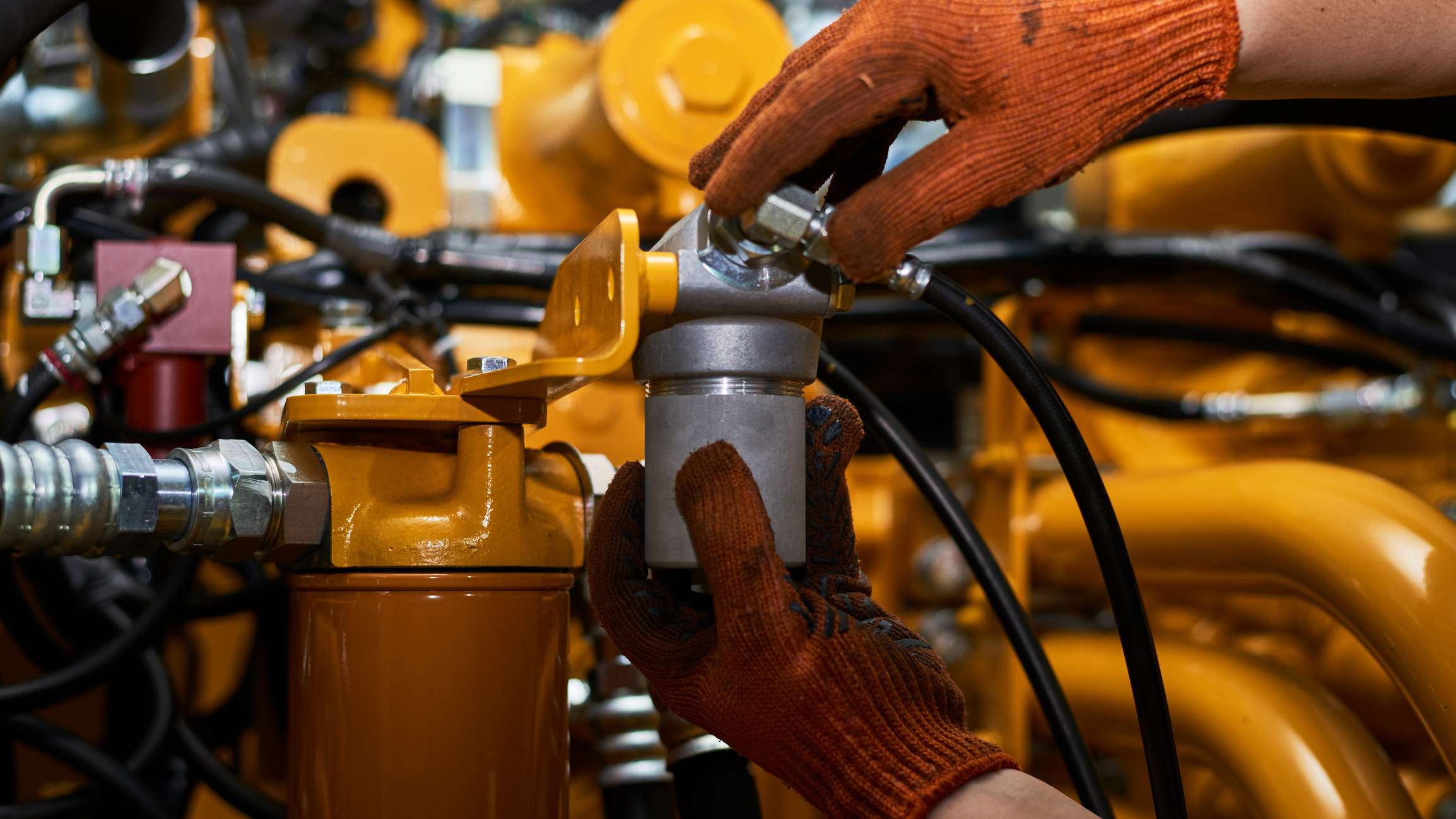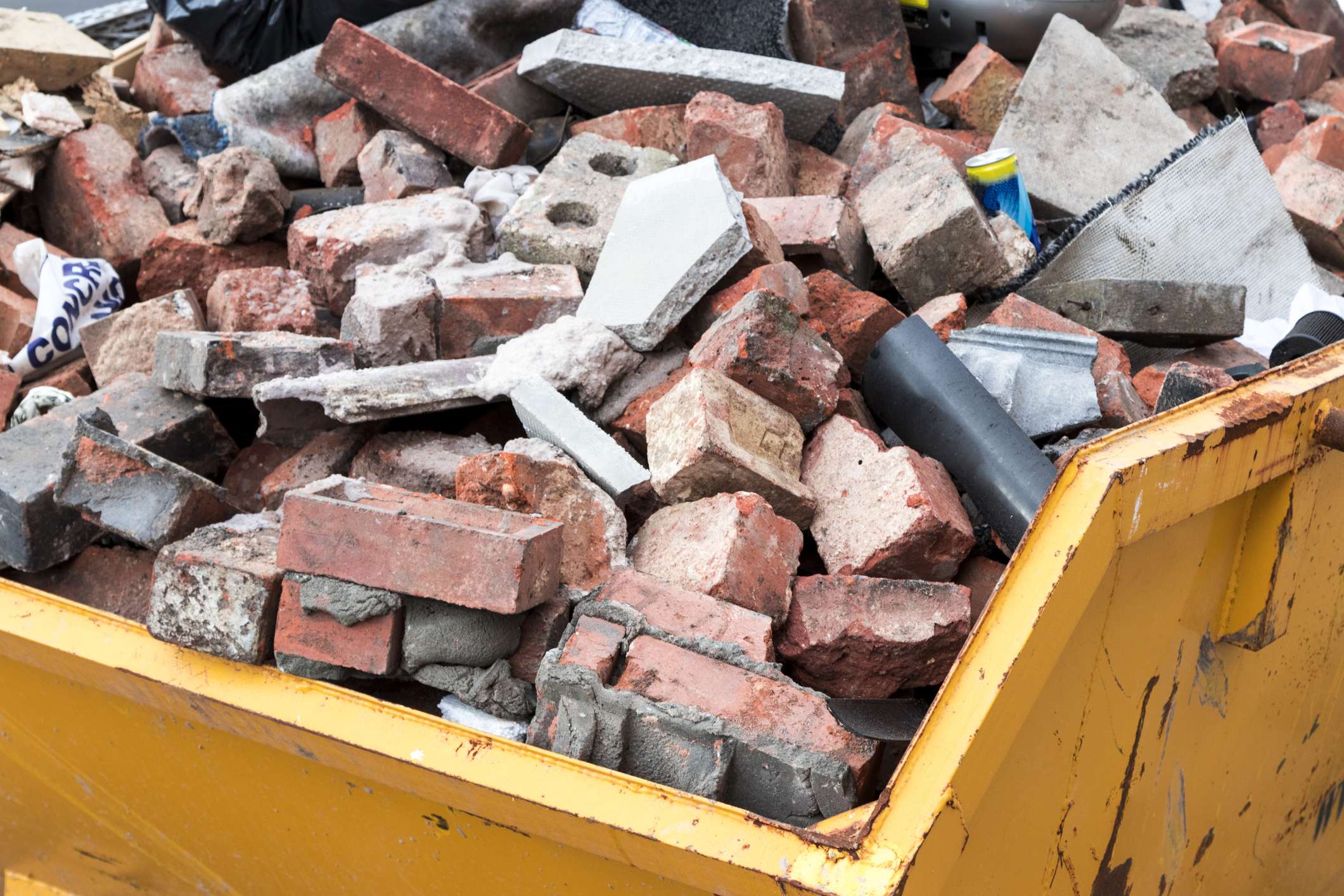Due to their rugged construction and versatility, many people believe that you can put anything in a dumpster. As a result, roll-off dumpsters are a catch-all for all types of hazardous materials. However, some items are too dangerous to put in a dumpster. Others are illegal. Below, we look at five items you should never put in a roll-off dumpster rental.
Why Should I Watch What I Put in a Dumpster?
Watching what you put in a dumpster is important for several reasons:
-
Environmental impact:
Improper disposal of certain materials, such as hazardous waste, can have a negative impact on the environment. These materials can contaminate soil and water and harm wildlife.
-
Safety:
Placing certain materials, such as flammable liquids or explosives, in a dumpster can pose a safety risk to sanitation workers and the general public.
-
Legal compliance:
Many jurisdictions have laws and regulations regarding the disposal of certain materials, such as electronic waste and medical waste. Improperly disposing of these materials can result in fines or penalties.
-
Cost:
Disposing of certain materials, such as tires and construction debris, can be expensive. If these items are placed in a dumpster, it could result in additional charges to the owner or renter of the dumpster.
In addition, recycling programs are encouraged and often required in many places to ensure workers’ safety and protect the environment. Properly separating recyclable materials from other waste can help reduce the amount of waste sent to landfills, conserve natural resources, and save energy.
Which Items Should I Avoid Putting in a Dumpster?
A variety of items cannot be placed in a dumpster, as they may be hazardous to the environment or pose a risk to sanitation workers. Some examples of items that cannot be placed in a dumpster include:
1. Hazardous Waste
Hazardous waste, such as chemicals, pesticides, batteries, and oil, can have a negative impact on the environment when not disposed of properly. They can contaminate soil and water and harm wildlife.
Hazardous materials can pose a serious risk to sanitation workers who handle and transport them. They also can pose a risk to people living near the landfill.
Instead, hazardous waste should be properly handled and disposed of by trained professionals who will properly manage and dispose of the materials according to local, state, and federal regulations. It is best to contact your local waste management and recycling agency for information on where to take hazardous waste materials and on the rules and regulations in your area.
2. Medical Waste
Medical waste can pose a risk to public health and safety. It includes items such as sharps (needles, syringes), biohazardous materials (cultures, lab specimens), and other potentially infectious materials (blood and body fluids).
Proper disposal of medical waste is vital and must be handled by trained professionals using appropriate personal protective equipment and following strict protocols. Medical waste is typically sterilized, decontaminated, or incinerated before disposal, and it is best to contact your local waste management and recycling agency for guidance on the proper disposal method for medical waste in your area.
3. Flammable Materials
Flammable materials in a dumpster can create a significant risk of fire or explosion. Some examples of flammable materials include combustible liquids, gasses, chemicals, or batteries.
Flammable materials require special handling and disposal and should be taken to an appropriate facility or disposal service. Contact your local waste management and recycling agency for guidance on the proper disposal method in your area. It is always best to follow all the manufacturer’s instructions, safety warnings, and safety protocols when handling and disposing of flammable materials to minimize the risk of fire.
4. Electronics
Electronic waste or e-waste contains hazardous materials that can harm the environment and human health if not disposed of properly. Examples of electronic waste include computers, televisions, cell phones, small appliances, and batteries.
Electronic waste should be properly recycled, and it is best to contact your local waste management and recycling agency for guidance on properly recycling electronic waste in your area. Many electronic retailers also offer electronic waste recycling services or may be able to help you with finding a location where you can recycle your electronic waste.
5. Tires
Tires can quickly take up a lot of space in a dumpster and make it difficult for sanitation workers to collect and transport other waste. They can be heavy and difficult to handle, which can pose a risk of injury to sanitation workers.
Tires that are not disposed of properly can have a negative impact on the environment. If they are disposed of in landfills, they can take up a lot of space; if left outside, they can be an eyesore and can also trap water creating a breeding ground for disease-carrying pests such as mosquitoes.
Tires should be recycled or properly disposed of through a tire recycling facility or scrap tire hauler. Contact your local waste management and recycling agency for guidance on how to recycle or dispose of tires in your area properly.
Schedule Dumpster Rental Services in Ardmore, Oklahoma
Elliott’s Hydraulics offers professional dumpster rental services in Ardmore, Oklahoma. We provide dumpster clean-up solutions for all types of waste removal applications and industries. You can choose from a variety of sizes of roll-off and compacting dumpsters. Call 580-221-7589 for a residential dumpster rental.

